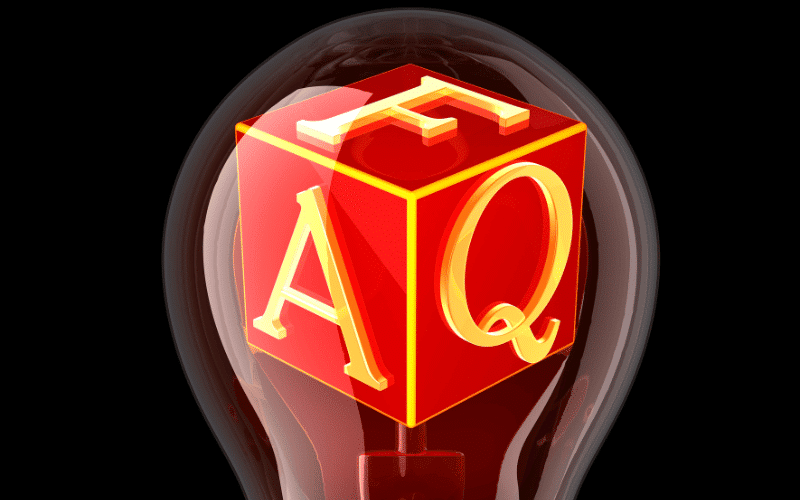Frequently Asked Questions About Dementia and Hallucinations

1. How does the progression of dementia affect the likelihood of experiencing hallucinations?
In the early stages of dementia, hallucinations are less common but can become more frequent as the disease progresses. However, it varies from individual to individual and depends on the specific type of dementia.
2. Are there specific times of day when hallucinations are more likely to occur in people with dementia?
Yes, hallucinations may occur at any time, but they can often be more pronounced during the evening or at night, a phenomenon known as “sundowning.”
3. Can dementia-related hallucinations cause physical harm?
In some cases, they can. For example, a person experiencing a hallucination might attempt to move or react in a way that could lead to falls or injuries. It’s crucial to ensure a safe environment.
4. Is there any link between the content of the hallucinations and the individual’s past?
There could be. Some hallucinations may involve people, places, or events from the person’s past, although this isn’t always the case.
5. How can hallucinations be differentiated from delusions in dementia?
While both can occur in dementia, they’re different. Hallucinations involve sensory experiences that aren’t real, such as seeing or hearing things. Delusions, on the other hand, involve false beliefs, such as thinking one is being followed. Proper diagnosis from a healthcare professional is crucial.
Conclusion: Unraveling the Intricacies of Dementia and Hallucinations
When it comes to dementia and hallucinations, understanding the numerous interconnected facets is a complex undertaking. We’ve delved into an array of crucial facts about dementia and hallucinations, offering an eye-opening glimpse into the experiences of individuals affected by these conditions.
As our exploration revealed, dementia-related hallucinations are far from simple visual or auditory anomalies. They are deeply entwined with the individual’s unique brain changes, life experiences, and physical health. Each hallucination can provide invaluable insight into the intricate workings of the mind amidst the progression of dementia.
Further, it’s crucial to remember that hallucinations in dementia can manifest diversely. The form, frequency, and intensity can vary significantly, underlining the highly personalized nature of these experiences. Our increasing understanding of these variances can guide the development of equally personalized care strategies.
Coping mechanisms for dementia-associated hallucinations also carry profound significance. Creative outlets, familiar environments, and therapeutic technologies, for example, can all play a role in managing these symptoms. However, as with the hallucinations themselves, effective coping strategies must be individualized and adaptable.
The critical role of comprehensive healthcare cannot be overstated. Timely diagnoses, tailored treatment plans, and ongoing support are cornerstones of effective dementia care. Simultaneously, the need for empathy, patience, and understanding in all interactions with dementia patients is a constant reminder of the human aspect in managing this disease.